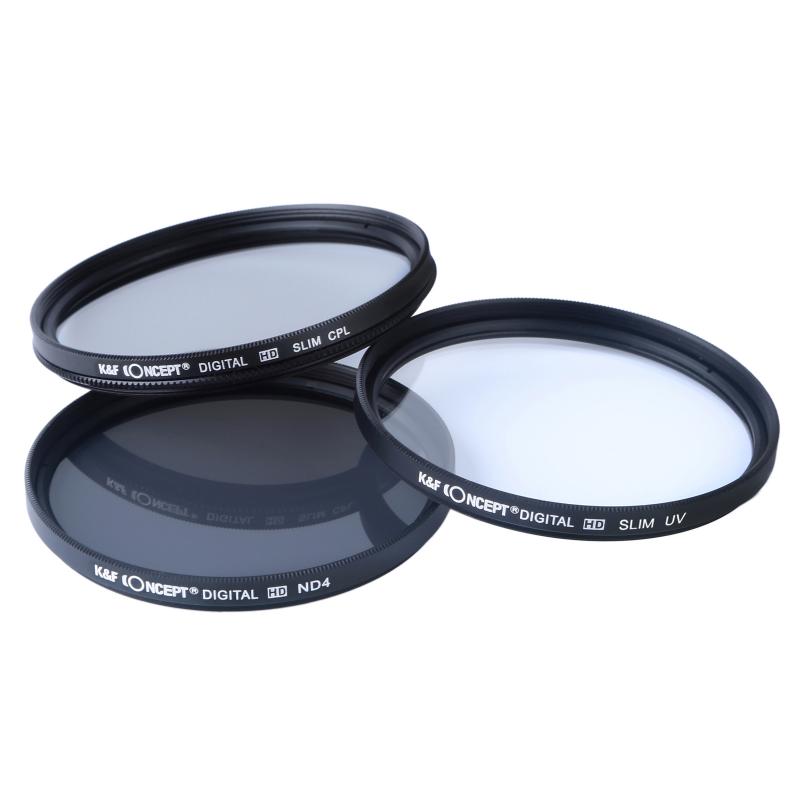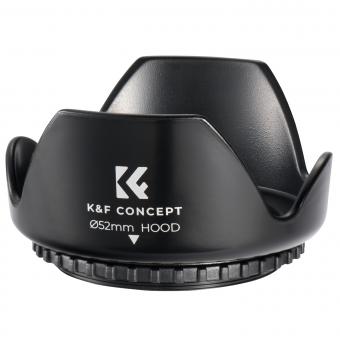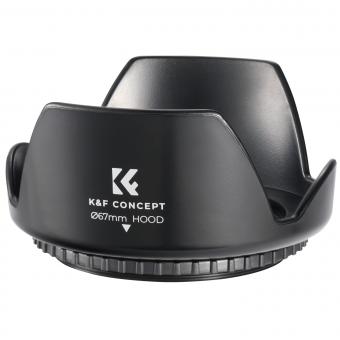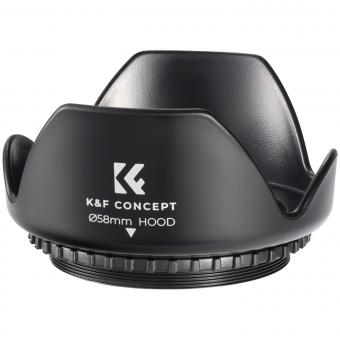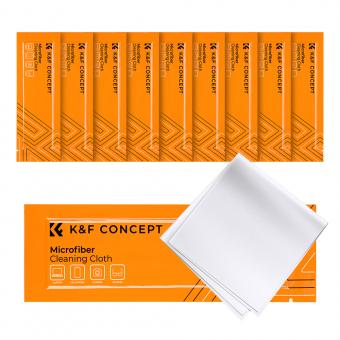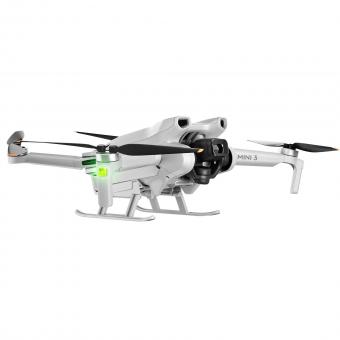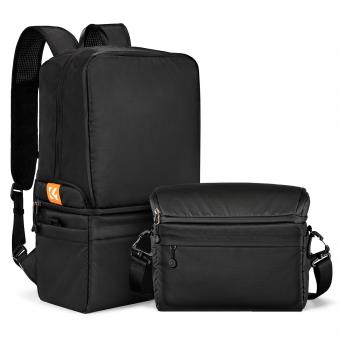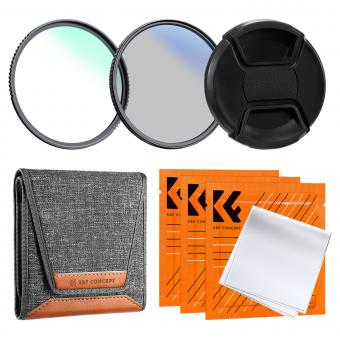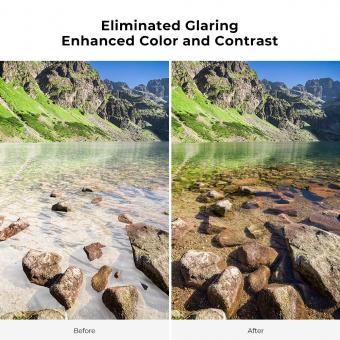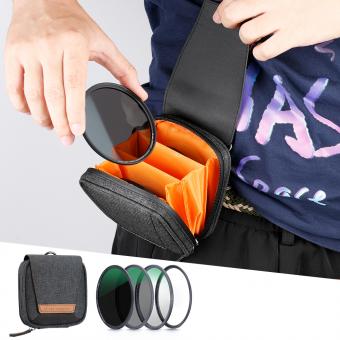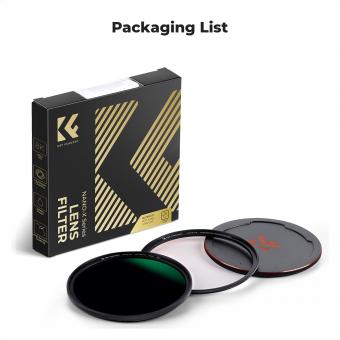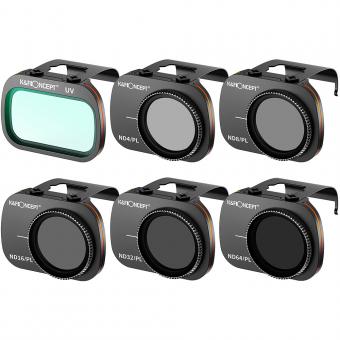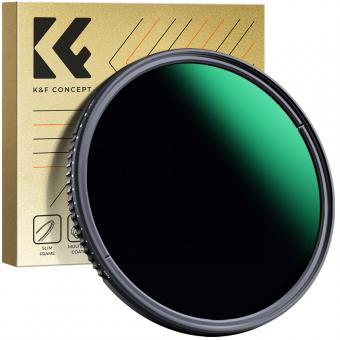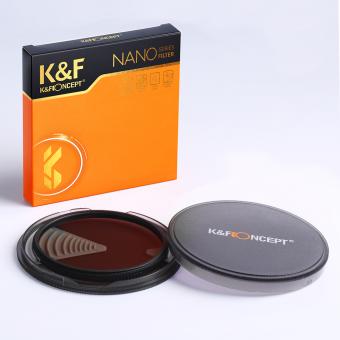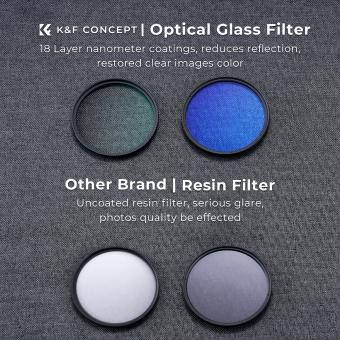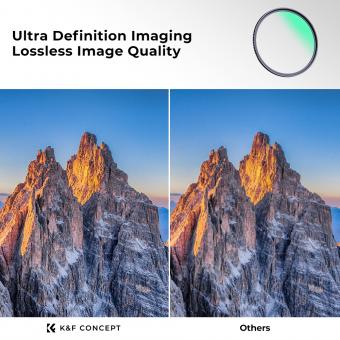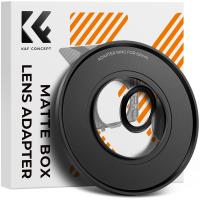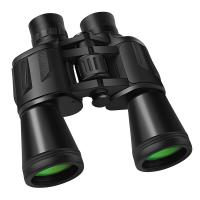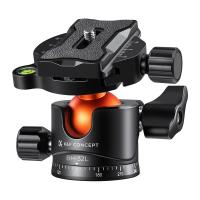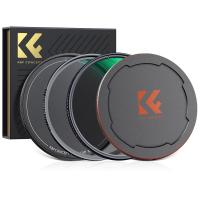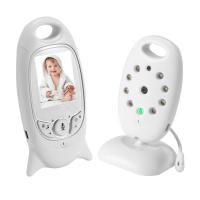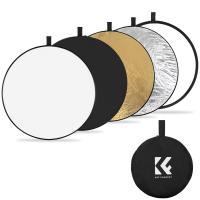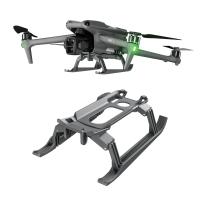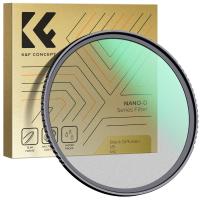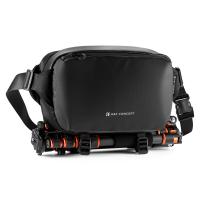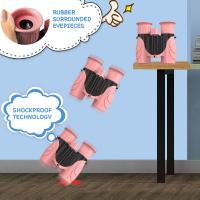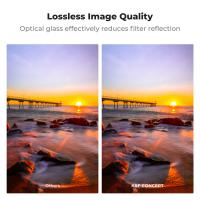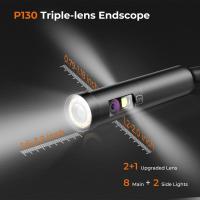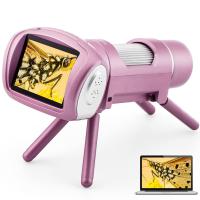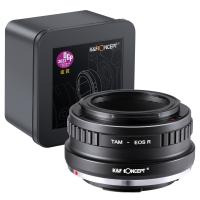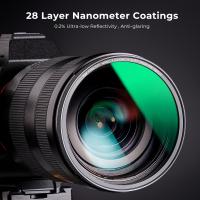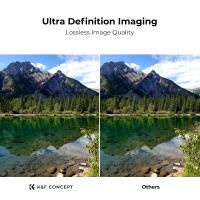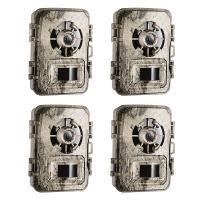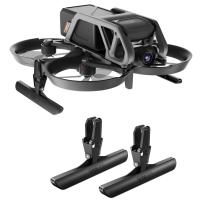When To Use A Uv Lens Filter ?
A UV lens filter is typically used to block ultraviolet light from entering the camera lens. It is commonly used in outdoor photography to reduce haze and improve image clarity. UV filters can also provide protection to the front element of the lens, acting as a barrier against dust, moisture, and scratches. Additionally, they can help prevent color shifts and improve contrast in certain lighting conditions. It is recommended to use a UV filter in situations where there is a significant amount of UV light present, such as at high altitudes, near bodies of water, or in bright sunlight. However, it is important to note that the use of a UV filter may slightly reduce the overall image quality, so it is advisable to remove the filter when shooting in low-light situations or when using a lens hood to avoid lens flare.
1、 Protection against physical damage and scratches to the lens.
When to use a UV lens filter? One of the primary reasons to use a UV lens filter is for protection against physical damage and scratches to the lens. By attaching a UV filter to the front of your camera lens, you create a barrier that shields the lens from potential harm. This is particularly useful in situations where the lens may be exposed to rough conditions, such as outdoor photography in rugged environments or shooting in crowded areas where accidental bumps or scratches are more likely to occur.
UV filters are also known for their ability to block ultraviolet light. However, with advancements in lens coatings and digital sensors, the necessity of UV filters for this purpose has become less significant. Modern lenses and sensors are designed to minimize the impact of UV light, and most image editing software can easily correct any minor color shifts caused by UV rays. Therefore, the primary function of a UV filter has shifted towards lens protection rather than UV light filtration.
It is important to note that using a UV filter may slightly affect image quality. While high-quality filters are designed to minimize any negative impact, there is still a possibility of reduced sharpness or increased lens flare. However, the difference is often negligible and may not be noticeable in most situations.
Ultimately, the decision to use a UV filter comes down to personal preference and the specific shooting conditions. If you frequently find yourself in situations where your lens is at risk of physical damage, a UV filter can provide an extra layer of protection. However, if you primarily shoot in controlled environments and take good care of your equipment, the use of a UV filter may not be necessary.
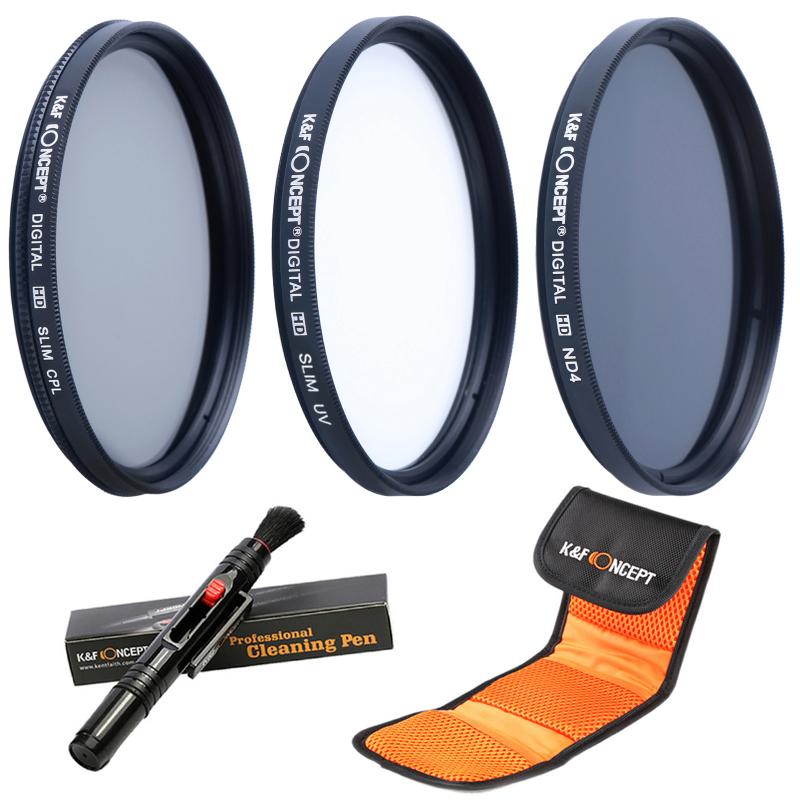
2、 Reducing ultraviolet light and haze in outdoor photography.
When to use a UV lens filter? One of the primary reasons to use a UV lens filter is to reduce ultraviolet light and haze in outdoor photography. Ultraviolet light is invisible to the human eye but can cause a bluish cast and reduce image clarity. By using a UV filter, photographers can minimize the impact of UV light and achieve clearer and more vibrant images.
UV filters are particularly useful in high-altitude and coastal areas where the concentration of UV light is higher. They can also be beneficial when shooting in snowy landscapes, as snow reflects UV light and can lead to overexposure or loss of detail. Additionally, UV filters can provide an added layer of protection for the front element of the lens, shielding it from dust, moisture, and scratches.
However, it is important to note that the necessity of UV filters has been debated in recent years. With advancements in digital camera sensors and lens coatings, the impact of UV light on image quality has become less significant. Some argue that modern lenses already have built-in UV protection, making the use of UV filters unnecessary in many situations.
Ultimately, the decision to use a UV filter depends on personal preference and shooting conditions. If you frequently shoot in environments with high UV light or want to add an extra layer of protection to your lens, a UV filter can still be a valuable tool. However, if you primarily shoot in controlled environments or use high-quality lenses, the benefits of a UV filter may be minimal.
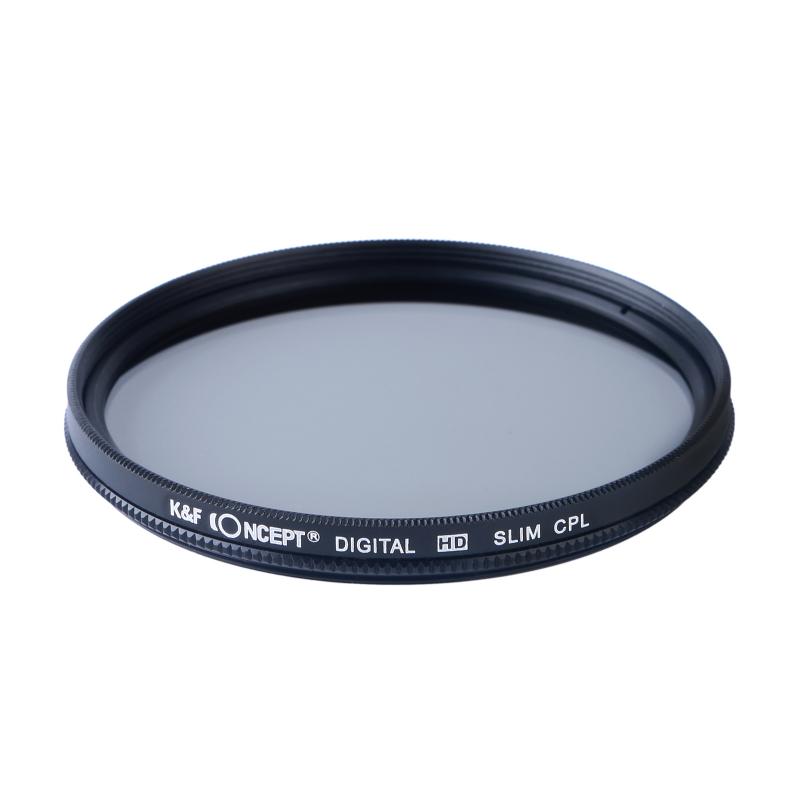
3、 Enhancing color saturation and contrast in certain conditions.
When to use a UV lens filter? One of the main reasons to use a UV lens filter is to enhance color saturation and contrast in certain conditions. UV filters are designed to block ultraviolet light, which can cause a bluish haze in photographs, especially in high-altitude or coastal areas. By using a UV filter, photographers can reduce this haze and achieve clearer and more vibrant images.
UV filters are particularly useful when shooting landscapes, as they can help to bring out the natural colors of the scene. They can also be beneficial when photographing subjects with a lot of blue or green tones, such as bodies of water or foliage. By reducing the UV light, the filter can enhance the saturation of these colors, resulting in more striking and vivid images.
Additionally, UV filters can provide an extra layer of protection for the front element of the lens. They act as a barrier against dust, moisture, and scratches, which can potentially damage the lens. This can be especially important in outdoor or rugged environments where the lens is more susceptible to these elements.
However, it is worth noting that the use of UV filters has been a topic of debate among photographers. Some argue that modern digital cameras already have built-in UV filters, making an additional filter unnecessary. Others claim that the use of a UV filter can degrade image quality, especially if a low-quality filter is used. Therefore, it is important to choose a high-quality UV filter from a reputable brand to minimize any potential negative effects.
In conclusion, using a UV lens filter can be beneficial for enhancing color saturation and contrast in certain conditions, particularly when shooting landscapes or subjects with blue or green tones. It can also provide an added layer of protection for the lens. However, it is important to consider the potential impact on image quality and choose a high-quality filter accordingly.
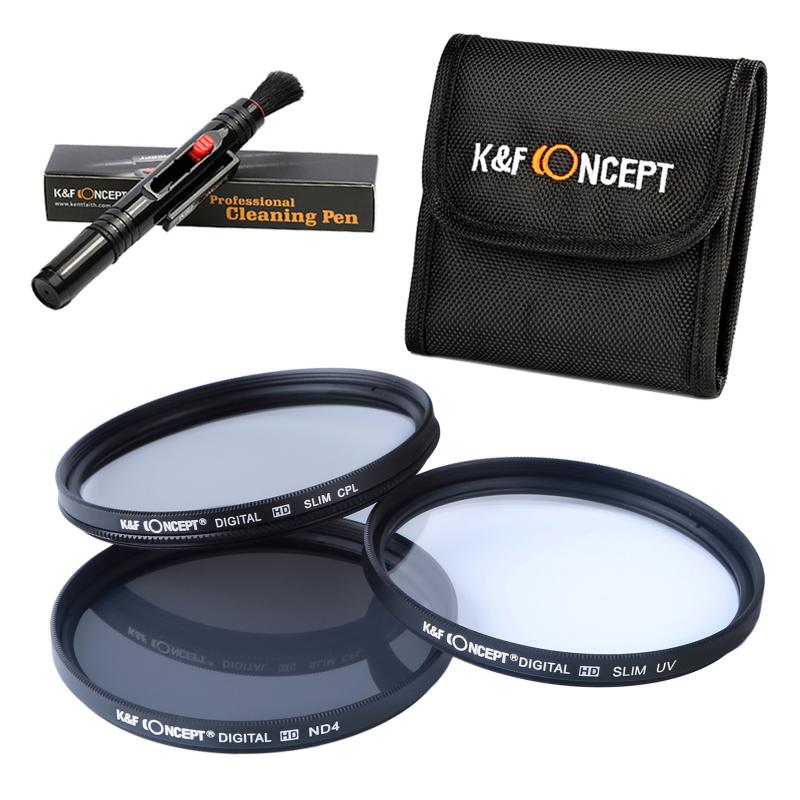
4、 Minimizing lens flare and ghosting in backlit situations.
When to use a UV lens filter? One of the main reasons to use a UV lens filter is to minimize lens flare and ghosting in backlit situations. Lens flare occurs when bright light sources, such as the sun, directly hit the lens and create unwanted artifacts in the image. Ghosting, on the other hand, is the appearance of faint, semi-transparent copies of bright objects in the image. Both lens flare and ghosting can significantly degrade the quality of the photograph.
UV lens filters are designed to block ultraviolet light, which is invisible to the human eye but can cause these unwanted effects in photographs. By using a UV filter, photographers can reduce the amount of UV light that reaches the lens, thus minimizing lens flare and ghosting.
In addition to reducing lens flare and ghosting, UV filters also provide protection for the front element of the lens. They act as a barrier against dust, moisture, and scratches, which can potentially damage the lens. This added protection can be particularly useful in outdoor photography, where the lens is exposed to various environmental elements.
However, it is important to note that the use of UV filters can also introduce some drawbacks. Some photographers argue that adding an extra layer of glass can reduce image quality, especially if the filter is of low quality. Additionally, UV filters can sometimes cause vignetting or affect the overall color balance of the image.
In recent years, there has been a shift in opinion regarding the necessity of UV filters. With advancements in lens coatings and digital post-processing techniques, some photographers argue that the benefits of UV filters are no longer as significant. They believe that lens hoods and careful shooting techniques can often provide sufficient protection against lens flare and ghosting.
Ultimately, the decision to use a UV lens filter depends on personal preference and shooting conditions. If you frequently shoot in backlit situations and prioritize lens protection, a high-quality UV filter can still be a valuable addition to your gear. However, if you prioritize image quality and are confident in your ability to control lens flare and ghosting through other means, you may choose to forgo the use of a UV filter.
